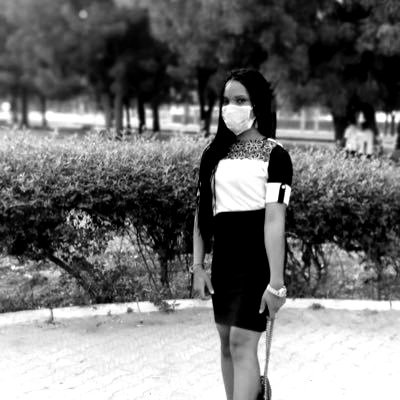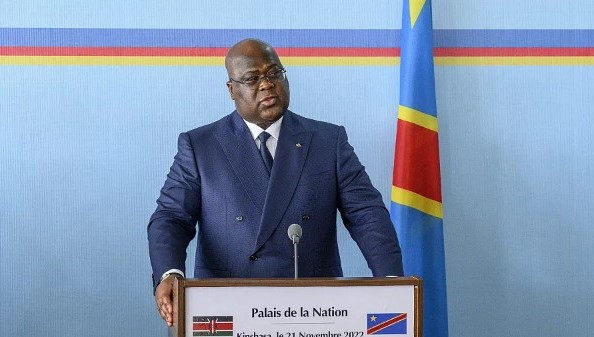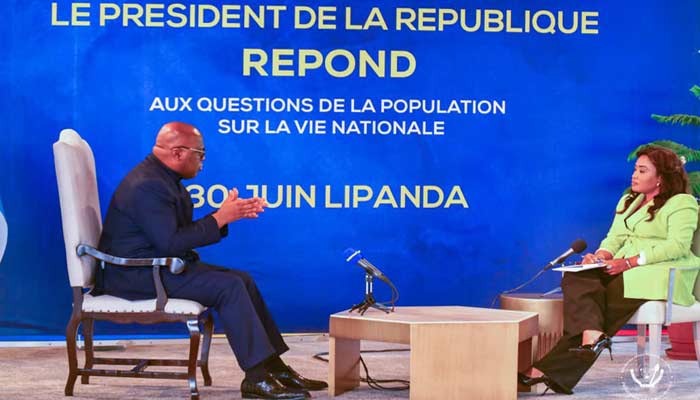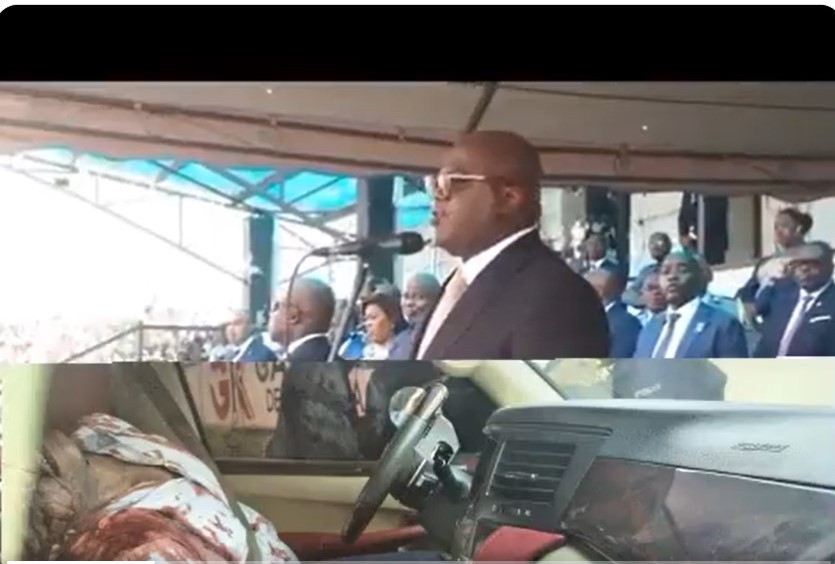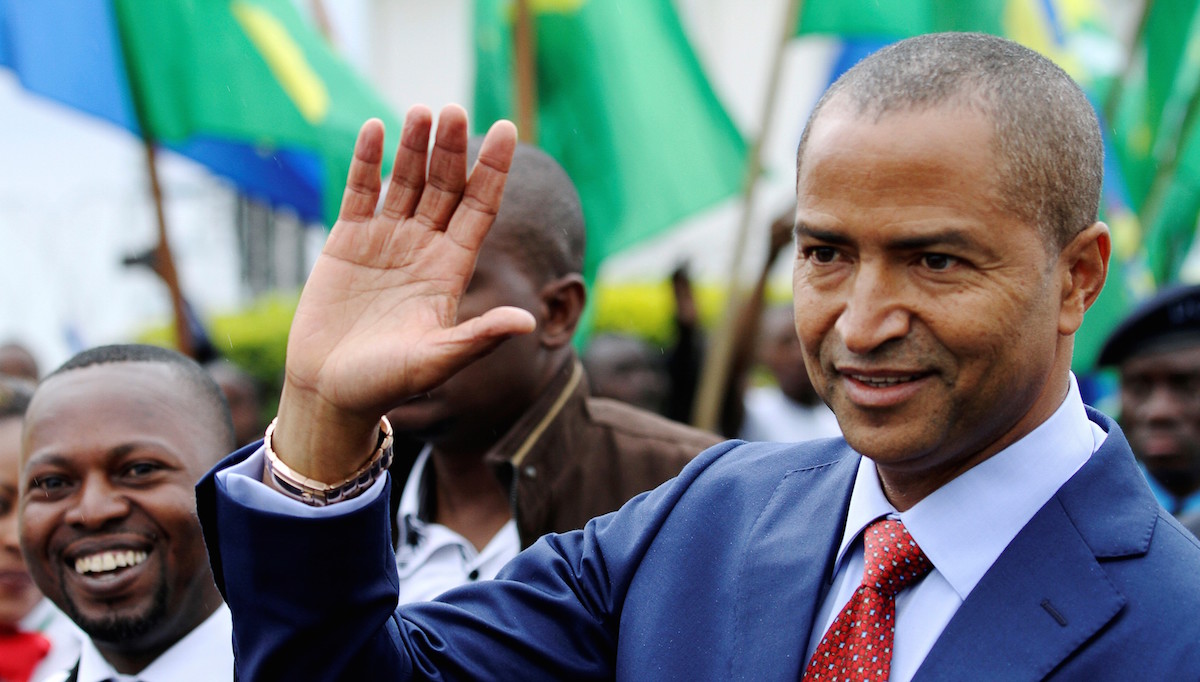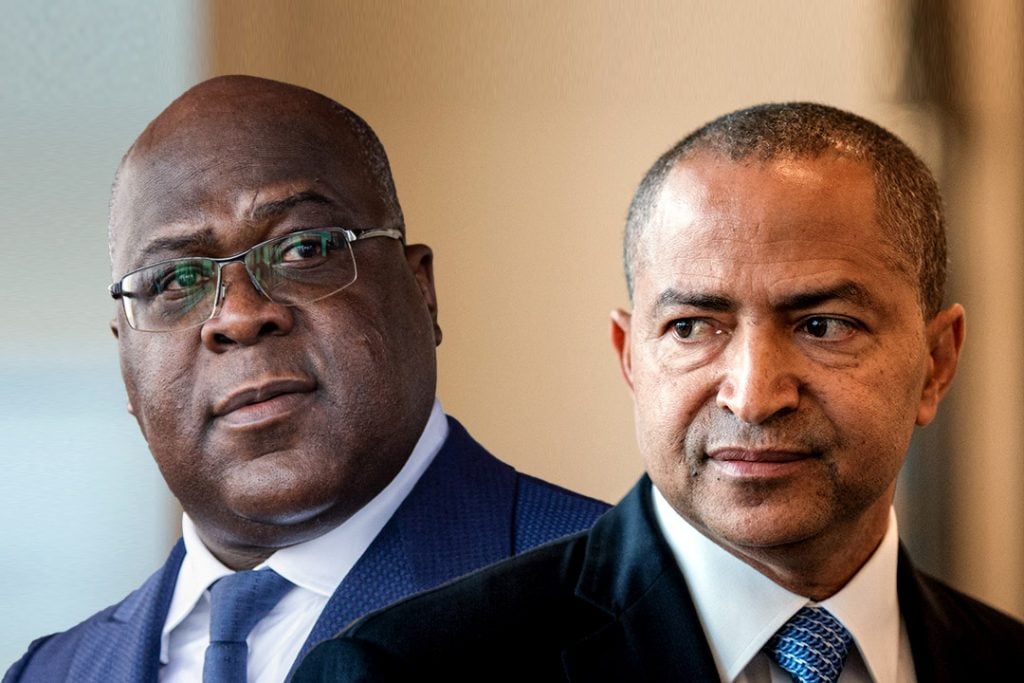Regional
Geno-Cost: DRC's new plot to justify insecurity crisis. Will it help Tshisekedi stay in power?
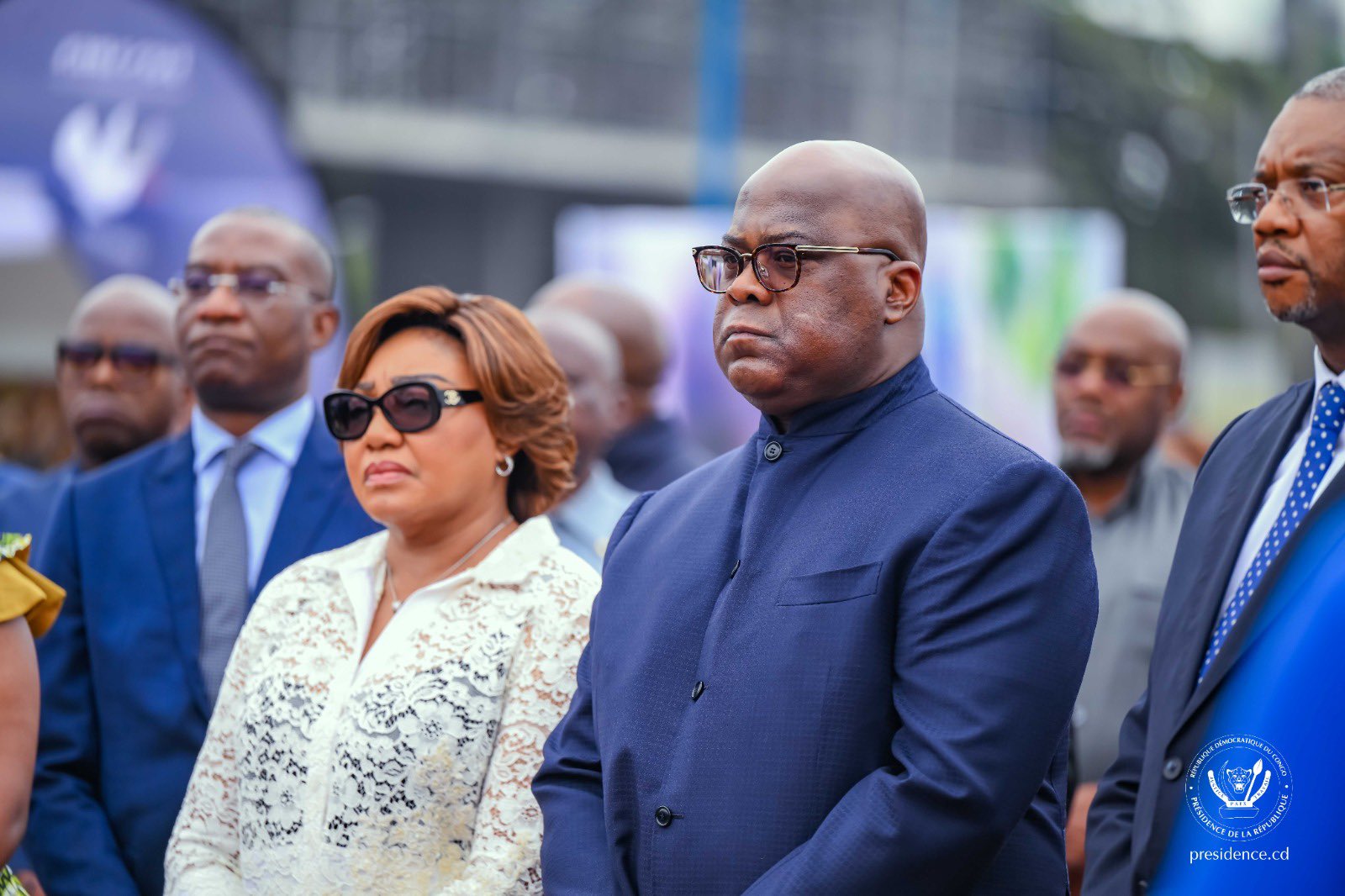
In a highly publicized event, the Democratic Republic of Congo (DRC) held a commemoration ceremony dubbed Geno-Cost, the ‘Congolese genocide’, on August 4. Presided over by President Felix Tshisekedi, it was explained as an event paying tribute to all the Congolese who have died for economic gains.
As
noted, Geno-Cost is a combination of Genocide and Cost. For Kinshasa, the
implication or grand scheme is: genocide for economical gains. They chose the
term to explain the economic root or aspect of what they want to make believe
is the genocide in DRC, to remove what they claim is a misleading discourse
that tribal or ethnic conflicts are the root cause of the Genocide and
instability in the country.
According
to Kinshasa, the so-called commemoration’s aim was to raise awareness
nationally and internationally on the many crimes perpetrated, with impunity,
for nearly 30 years, in DRC.
“This
event is in memory of the millions of Congolese, who were victims of barbaric
acts, and cruelty, orchestrated by foreign powers and their allies with the
intention of illegally exploiting, and against our interest, our natural resources,”
declared Tshisekedi.
The
so-called commemoration event’s timeliness is no accident either.
Kinshasa
chose August 2, as commemoration day of the so-called Genocide in DRC, in
reference to the beginning of the second Congo war, also referred to as the
African World War, of which DRC accuses its neighbors, to have triggered in
order to exploit Congolese minerals.
“On
that day in 1998, the Banyamulenge rebellion known as the Rassemblement
Congolais pour la Democratie (RCD) attacked the town of Goma with the
backing of Rwanda and Uganda. It was the beginning of the deadliest conflict
since World War 2,” claimed the Tshisekedi-backed Congolese Action Youth
Platform (CAYP).
The
CAYP deliberately fails to mention that it is the Banyamulenge people of DRC’s
South Kivu province and other Congolese Tutsi communities in North Kivu
province that are being targeted for extermination.
They
prefer to cause confusion by stating that the “the systematic rape of Congolese
women and children, the ongoing mass killing of civilians, and other atrocity
committed against the population in eastern Congo for the exploitation of
natural resources constitute a crime of genocide.”
Genocide,
as happened in Rwanda in the 1994 Genocide against the Tutsi, is a crime
against humanity. Clarity is very important so as to leave no room for genocide
denial, the last stage of genocide.
According
to Tshisekedi and the CAYP, the international community turned a blind eye to
the plight of the Congolese people.
“The
Congolese must therefore take matters in their own hands. Through this 2nd
August initiative, CAYP empowers the Congolese community in the diaspora and in
the Congo to recognise the Congolese genocide, commemorate the lives we’ve
lost, and actively work on solutions to bring a lasting peace in Congo.”
But
there is a hitch.
In
June 2022, King Philippe of Belgium and his wife, Queen Mathilde, visited DRC,
handed back a wooden five-foot-tall Kakungu mask - which had been used in ceremonies by the Suku
people in DRC’s southwest - stolen by Belgium during the colonial period, and
expressed his “deepest regrets” for abuses committed during the colonial era
but did not offer a formal apology.
Nearly
20 million Congolese died from violence, famine and disease under Leopold’s
direct rule.
Gruesome
accounts emerged of the dismemberment of children in villages that did not
produce enough rubber to satisfy their colonial overlords.
Leopold’s
rule was so bloody that it drew condemnation from other European leaders. Even
though some Congolese politicians and citizens called for Belgium to atone for
the atrocities and discrimination their ancestors suffered, Tshisekedi greeted
the monarchs on a red carpet rolled out at the airport.
“This
[colonial] regime was one of unequal relations, unjustifiable in itself, marked
by paternalism, discrimination and racism,” Philippe later told the DRC’s
parliament in Kinshasa.
“On
the occasion of my first trip to Congo, right here, in front of the Congolese
people and those who still suffer today, I wish to reaffirm my deepest regrets
for those wounds of the past.”
Supporters
of the ruling party waved Belgian flags. A banner hanging from parliament
celebrated a “common history."
At a
news conference alongside Belgian Prime Minister Alexander De Croo, who
traveled with the king and queen, Tshisekedi said: “We have not dwelled on the
past, which is the past and which is not to be reconsidered, but we need to
look to the future."
De
Croo hailed the six-day trip as a “historic moment.”
The
big question now is: if DRC is commemorating the Congolese who perished for
economic gains, why did they leave out the nearly 20 million Congolese that
died between 1885 and 1908, when they were killed, mutilated, and exploited by Belgium’s
King Leopold II?
The
answer is simple. The ‘Geno-Cost ’ is one of Tshisekedi’s political cards.
By
showing Congolese that they have been victims of ‘foreign powers’, he gains
their empathy, which, he hopes, will get him votes in the upcoming presidential
elections.
The
Congolese government will do anything to play victim, avoid accountability for
its own economic and security failures, and go as far as making up a genocide.
For
starters, the UN definition of a Genocide is a ‘crime committed with the intent
to destroy a national, ethnic, racial or religious group, in whole or in part.
It does not include political groups or so called cultural genocide’.
Close
to three decades, eastern DRC has been a safe haven to more than 260 foreign
and local armed groups. These groups were all created in the presence of the
incompetent national army, FARDC, and the UN Mission, MONUSCO, who idly watch
as various Congolese militias kidnap, loot, and massacre their compatriots.
Since
gaining independence, no Congolese leader has been competent enough to contain,
and fight armed groups wreaking havoc in their country. Some leaders instead
armed these negative groups such as the FDLR, a UN sanctioned genocidal group
responsible for the 1994 Genocide against the Tutsi in Rwanda.
Despite
continously scapegoating neighboring countries for its internal security
failures, Kinshasa is running out of excuses and now, for Tshisekedi to avoid
any accountability, he shifts the blame to ‘foreign powers and their allies’,
and calls the needless murder and plunder in his country a genocide.
Ever
since Tshisekedi took office, nearly five years ago, in a murky power-sharing
deal crafted between him and former president Joseph Kabila, real effort to
address DRC's complicated conflicts and craft a more democratic, inclusive, and
accountable political system remains elusive.
Lies,
denial and blame games will not help Tshisekedi stay in power, peacefully, and
democratically. And he knows that. That's how, and why, sinister plots like,
lately, Geno-Cost appeal to him.


